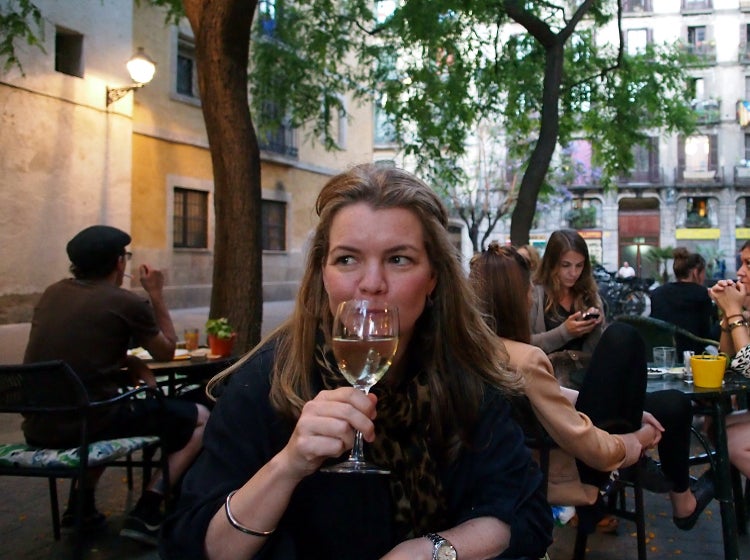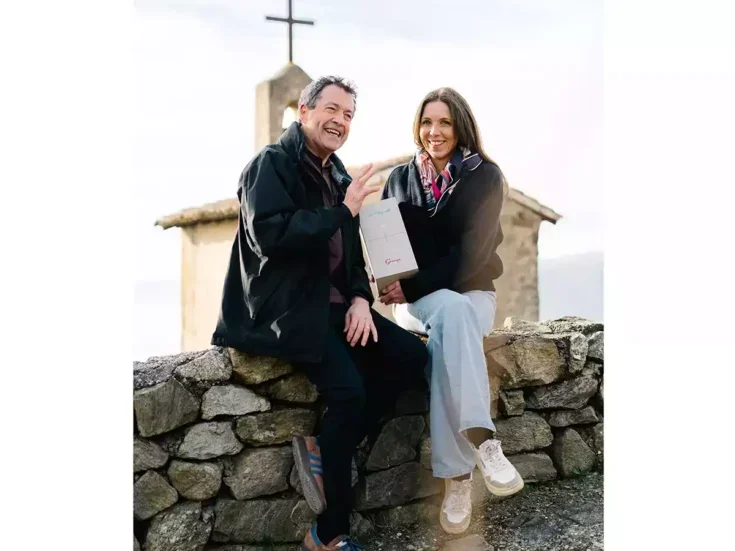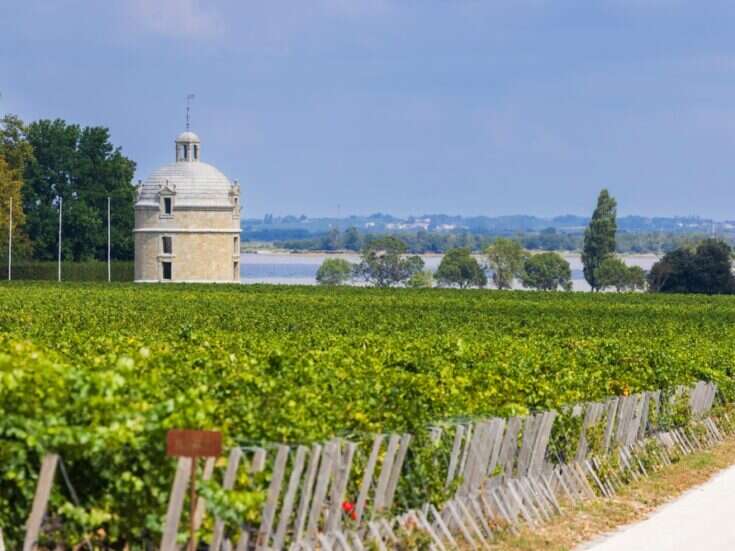
I cannot drink wine while writing and write anything worth reading. This feels like an appalling oversight from whoever assigned my passions and interests. Many wine writers revel in the consumption of wine while writing. The great gastronomical littérateurs had a down right orgy in it.
George Saintsbury (scholar, professor and author of Notes on A Cellar Book) had an insatiable appetite for wine and words — so much so that his contemporaries became suspicious. “How could there be any genuine element of discrimination, any true refinement of understanding and judgment, in one who dealt in such quantities?” wrote James Salter in the introduction to Saintsbury’s book. Regular sittings included “Dinners of eight courses and more, accompanied by an equal number of wines.” Yet such inputs had no negative effect on Saintsbury’s outputs.
AJ Liebling was another food and wine writer who flourished when he combined gastronomy and literature. Liebling even proposed the two activities were essential to one’s success. “The primary requisite for writing well about food is a good appetite,” Liebling wrote in his essay A Good Appetite. “Without this, it is impossible to accumulate, within the allotted span, enough experience of eating to have anything worth setting down.”
It’s just that, for me, my mind wanders so with a glass of wine. As the wine slides over my palate and infuses into my bloodstream, it creates a warm and distracting buzz. Like the mystical green flash when the sun hits the horizon and the day goes from afternoon to sunset, I go from work to leisure, from concentrating to wondering, from real life to somewhere else.
The smallest sip sends ideas scuttling like quicksilver. If I do retrieve them, I can never nail them back onto the page. Sentences become bullet points. Thoughts are abandoned. Notations become declarations and my “to do list” morphs into a bucket list: “Write Books!” “Learn Languages!” “Travel Everywhere!”
I am made mischievous by the first sip of wine and can be talked into almost anything. I have made plans with all the bravado of an invading conquistador. These days, thankfully, wisdom and experience ensure I don’t commit to too much in those first giddy moments. Reckless rapture is expressed now in gentler ways, perhaps by opening two, or sometimes three bottles of wine — not to drink, but to make a greater offering to the moment.
I find some wines more distracting than others. Wines that make a statement, spearhead a movement, or confront popular styles can be arresting, because they’re unexpected. They make me wonder why the change came about, what it’s reacting to and if it’s moving in the right direction. Which is their point, I suppose.
Other wines are distracting for their complexity. A complex wine has layers and waves of tastes, textures, flavors and memories to explore; it’s as if someone paused the earth for the day and allowed us to wander among it. It’s an intimate experience that happens silently between you, the wine and your senses. An exploration of such a wine is one worth savoring.
Beautiful wines are distracting because they disorient us with their magic. Finer than delicious and more complex than perfect, such wines engage us in the way that Immanuel Kant claimed “experiences of the sublime” made us recalibrate our current ideas of the world. They are to be enjoyed, if only momentarily.
How anyone can sit down to write with acuity when surrounded by so many pleasing and intriguing distractions is beyond me. There are many things I can do while drinking a glass of wine but writing well is not one of them. Maybe this is no great misfortune. When so much is possible from a glass of wine, burdening it with the simultaneous task of writing might be missing the point. Perhaps the only thing I should do while drinking a glass of wine is enjoy it.






